Understanding the Importance of Reliable Custom Workwear
This article explores the significance of having reliable custom workwear in various industries. It will delve into the multiple benefits it offers, ranging from safety to branding, and how it plays a crucial role in business operations. By analyzing key factors such as workplace safety, employee efficiency, brand identity, cost-efficiency, industry needs, and emerging trends, we aim to provide a comprehensive understanding of custom workwear's importance. With the market for workwear expanding substantially, businesses must recognize the multifaceted advantages of investing in high-quality apparel.
1. Enhancing Workplace Safety
The first and foremost importance of custom workwear is how it enhances workplace safety. High-visibility clothing is critical in ensuring employees are easily seen, especially in environments with heavy machinery or low light. Such garments reduce accidents and provide a sense of security for workers, knowing they are visible. Adherence to industry safety standards regarding clothing and materials is not just a regulatory requirement but a proactive safety measure. Reliable custom workwear ensures employees are protected with materials capable of withstanding specific occupational hazards.
The choice of protective materials and innovative fabric technologies plays a vital role in shielding workers from various hazards. For instance, flame-resistant fabrics are essential for employees in industries where exposure to fire or heat is a concern. Custom workwear designed with these materials ensures a layer of protection without compromising on comfort. Additionally, such apparel is tailored to meet compliance with industry safety standards, ensuring that companies avoid legal repercussions while prioritizing employee safety. Ultimately, investing in protective clothing reflects a company’s commitment to the safety and well-being of its workforce.
Customization of workwear allows businesses to address specific occupational hazards unique to their industry. This tailoring includes everything from materials resistant to specific chemicals to reinforced seams in work gloves. Each customization feature plays a role in mitigating risks, and such attention to detail is pivotal in emergency situations. Employees equipped with the correct custom workwear can react swiftly and efficiently to crises, minimizing potential injuries.
2. Promoting Employee Comfort and Efficiency
Employee comfort and efficiency are significantly influenced by the fit and ergonomics of their workwear. Well-fitted custom workwear reduces discomfort and distraction, allowing employees to focus on their tasks. Ergonomic designs account for the unique movements specific to job roles, particularly in industries requiring manual labor. When employees can move freely and comfortably, productivity naturally increases. Employers investing in ergonomically designed workwear foster a supportive work environment conducive to efficiency and motivation.
Climate-appropriate, breathable fabrics enhance comfort by regulating body temperature and accommodating various working conditions. For industries requiring long hours or outdoor work, breathable materials prevent overheating and excessive sweating. Climate-tailored workwear adapts to seasonal changes, ensuring employees remain comfortable throughout the year. The selection of appropriate fabrics is a strategic decision that directly impacts employee satisfaction.
Design elements that promote flexibility and movement are crucial for performing physically demanding tasks. Custom workwear with stretchable fabrics or strategically placed seams allows for a full range of motion without restriction. This flexibility minimizes the risk of strains or injuries while maximizing efficiency and performance. Employers who provide such tailored workwear contribute to lowering fatigue and enhancing morale. By incorporating these design features, companies ensure their employees are both protected and empowered in their roles.
3. Reinforcing Brand Identity and Professionalism
Custom workwear contributes to reinforcing brand identity and projecting professionalism across a company's workforce. Employees wearing well-designed uniforms represent uniformity and consistency, enhancing the perception of the brand. The psychological impact of uniforms instills a sense of belonging, contributing to a cohesive corporate culture. Branding elements, such as logos and company colors, are important considerations in uniform design. By investing in custom workwear, companies can effectively broadcast their values and professional ethos.
Custom workwear acts as a powerful marketing tool that aids in customer recognition and fosters trust. When customers interact with employees dressed in branded apparel, the visual alignment reinforces brand familiarity and loyalty. It provides opportunities for promoting the brand in areas far beyond conventional advertising mediums. The strategic use of graphics and logos can also communicate a company's commitment to quality, professionalism, and customer service. A well-designed work uniform is a subtle yet impactful form of brand reinforcement in everyday operations.
The design and appearance of custom workwear contribute significantly to shaping corporate culture. Employees displaying company allegiances through their attire naturally gravitate towards shared goals and values. By aligning personal appearance with corporate identity, companies foster a feeling of unity and pride among the workforce. This internal branding reinforces staff appreciation and promotes a positive work environment that inspires professionalism and dedication. The role of customized apparel extends beyond practical use to act as a dynamic element driving corporate culture.
4. Prioritizing Cost-Efficiency and Long-Term Investment
Custom workwear reflects an essential balance between initial outlay and long-term financial benefits. Although high-quality workwear may involve upfront costs, the durability of tailored apparel mandates fewer replacements. This endurance translates into significant savings over time and diminishes financial outflow on clothing turnover. Companies must consider the return on investment (ROI) derived from high-quality workwear, which outweighs any initial expenditure. The lifecycle analysis of workwear reinforces the lasting value and effectiveness of investing in premium materials and designs.
Managing supplier relationships is essential for reaping maximum benefits from custom workwear investments. Investing in durable and cost-efficient materials ensures employee attire remains reliable under demanding conditions. Negotiating strategic partnerships with trusted suppliers guarantees competitive pricing and excellent product quality. Doing so simplifies the logistics of obtaining custom workwear and secures dependable supply lines for ongoing needs.
According to Cognitive Market Research, the global custom clothing market was $50,215.20 million in 2024 and will expand at a compound annual growth rate (CAGR) of 9.80% from 2024 to 2031. Such figures emphasize the importance of maintaining economically viable and strategic investments in custom workwear. The optimization of cost considerations ties into the broader objectives of cost-efficiency and resource management. Companies investing in superior workwear solutions not only benefit financially but further solidify their commitment to employee satisfaction and operational excellence.
5. Adapting to Industry-Specific Needs
Customization plays a pivotal role in addressing the unique workwear requirements across industries, such as construction, healthcare, and manufacturing. Workwear solutions for the construction sector often demand robustness and durability to withstand harsh working conditions. Safety regulations and heavy-duty design considerations dictate the tailoring of apparel for specific construction roles. Similarly, healthcare professionals require workwear that balances functionality, hygiene, and comfort.
Manufacturing and industrial environments necessitate workwear that protects employees from physical hazards and ensures mobility. The tailored design of workwear, with features like reinforced seams and easy-to-clean fabrics, facilitates safety without sacrificing practicality. Customization in manufacturing apparel addresses crucial aspects of risk management and operational efficiency. Employers prioritize features that bolster employee protection, contributing to improved industrial safety standards.
In the hospitality and service industries, apparel reflects customer service values, aesthetics, and cultural practices. Uniform design prioritizes elegance, hygiene, and adaptability, ensuring flawless customer experiences. Innovative workwear integrates traditional designs with modern elements catering to industry-specific functions and customer expectations. For special environments like chemical plants or nuclear facilities, specialized workwear incorporates features such as chemical resistance and protection against radiation.
Reliable custom workwear is essential for ensuring safety, comfort, and cohesive corporate image. Investing in quality workwear is a strategically sound decision that enhances productivity and brand recognition. Companies investing in customized solutions gain an edge in industry-specific needs, affordability, and future trends. For high-quality workwear that will support your business and employees, contact House of Apparel.


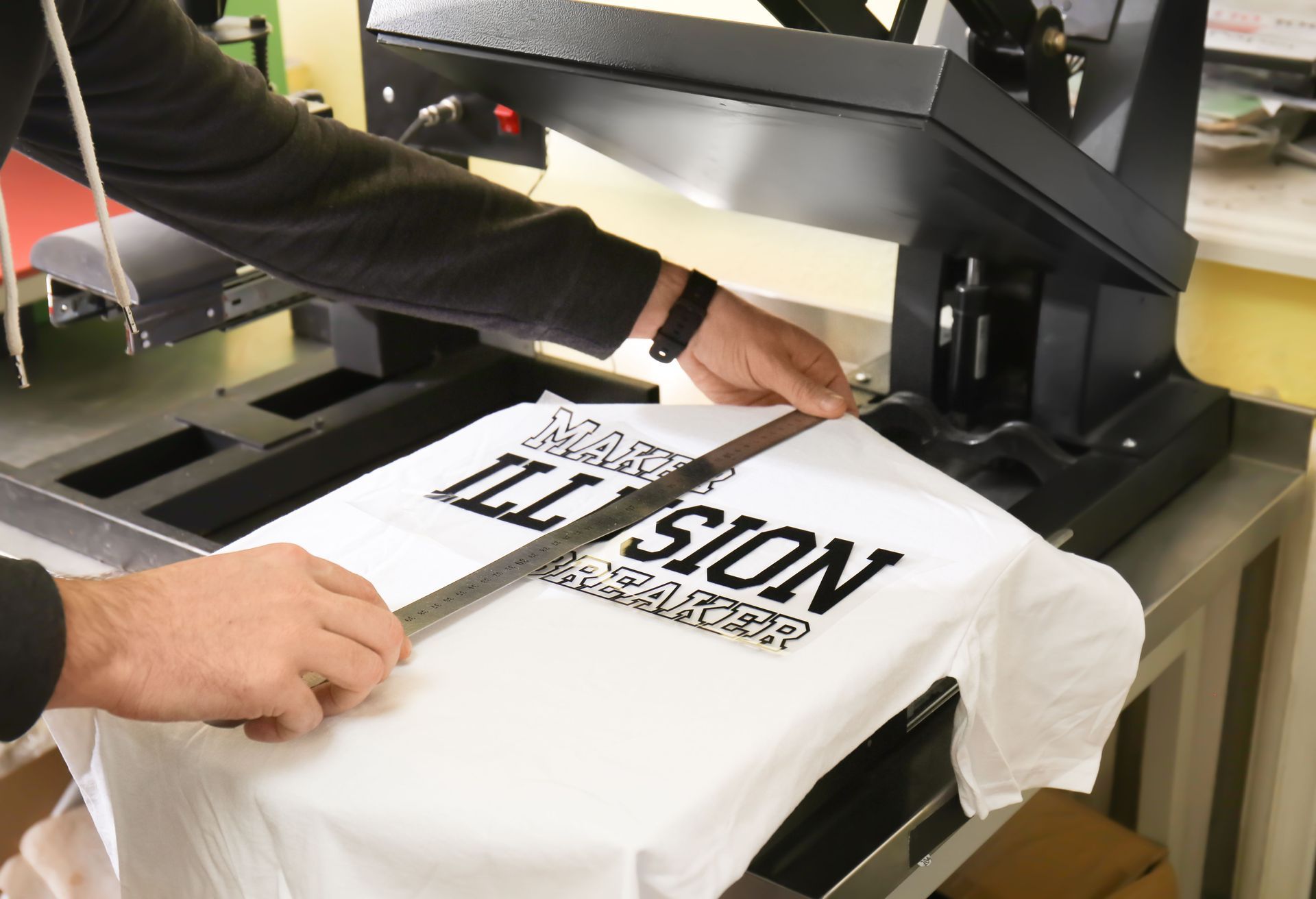
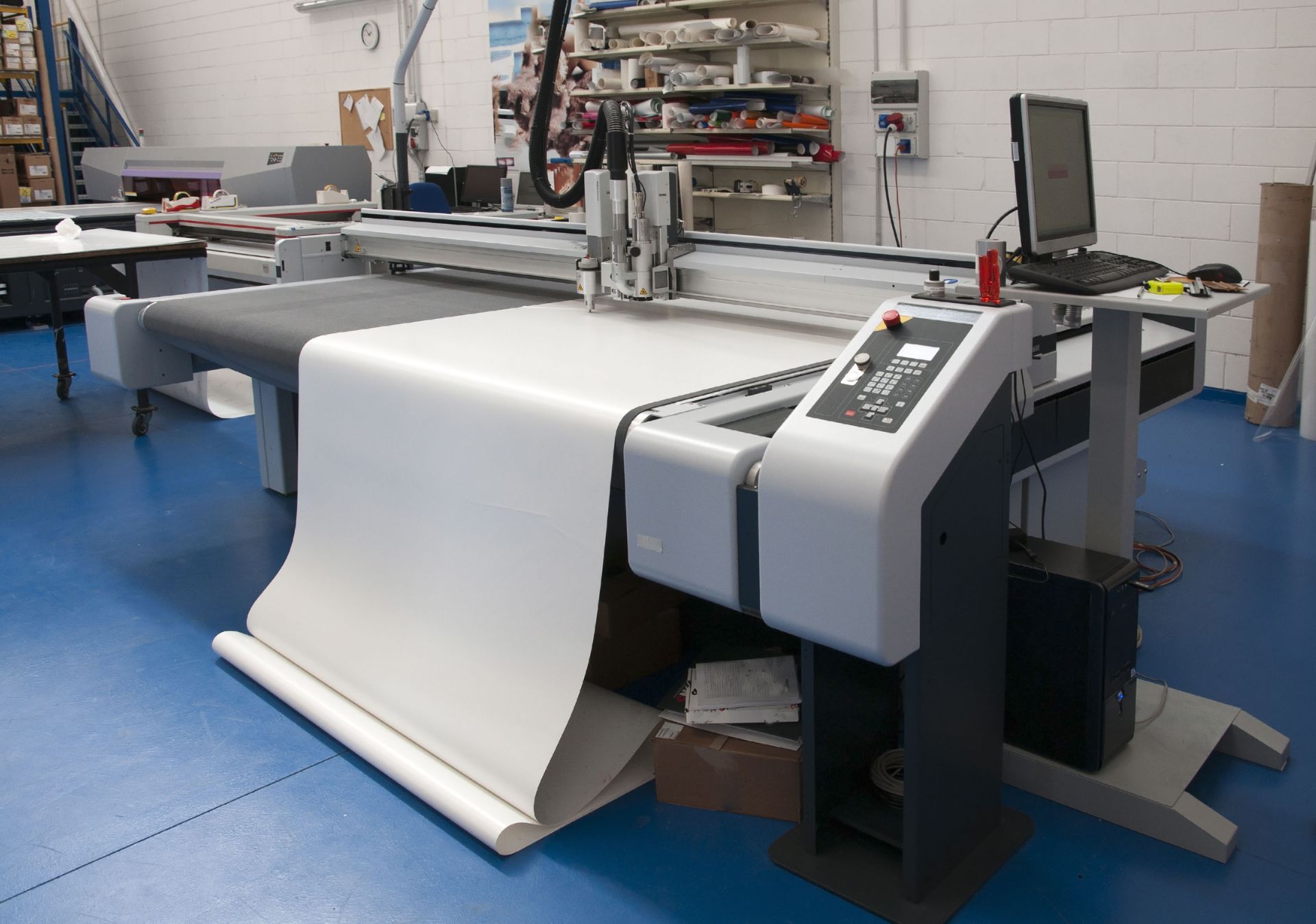

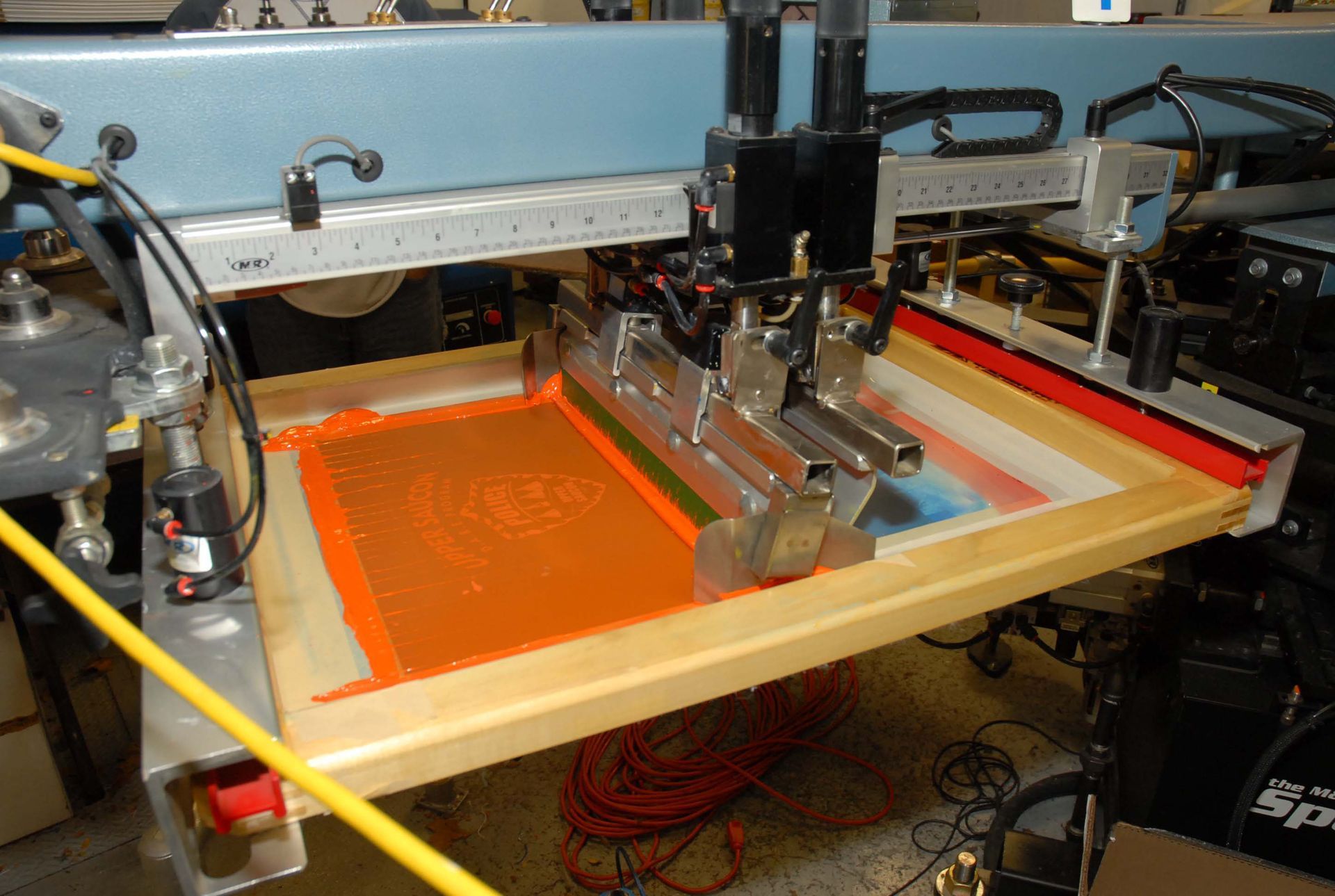
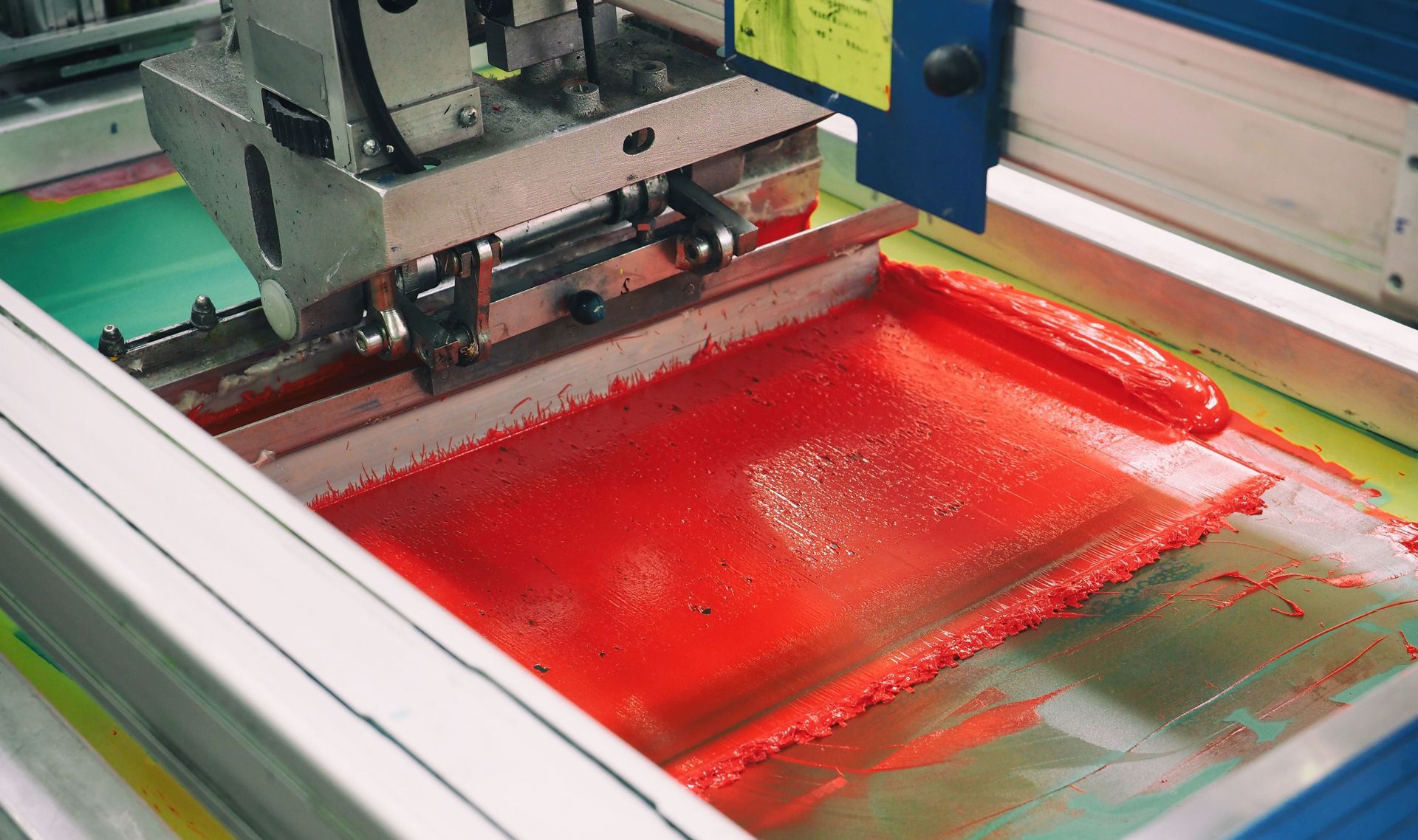
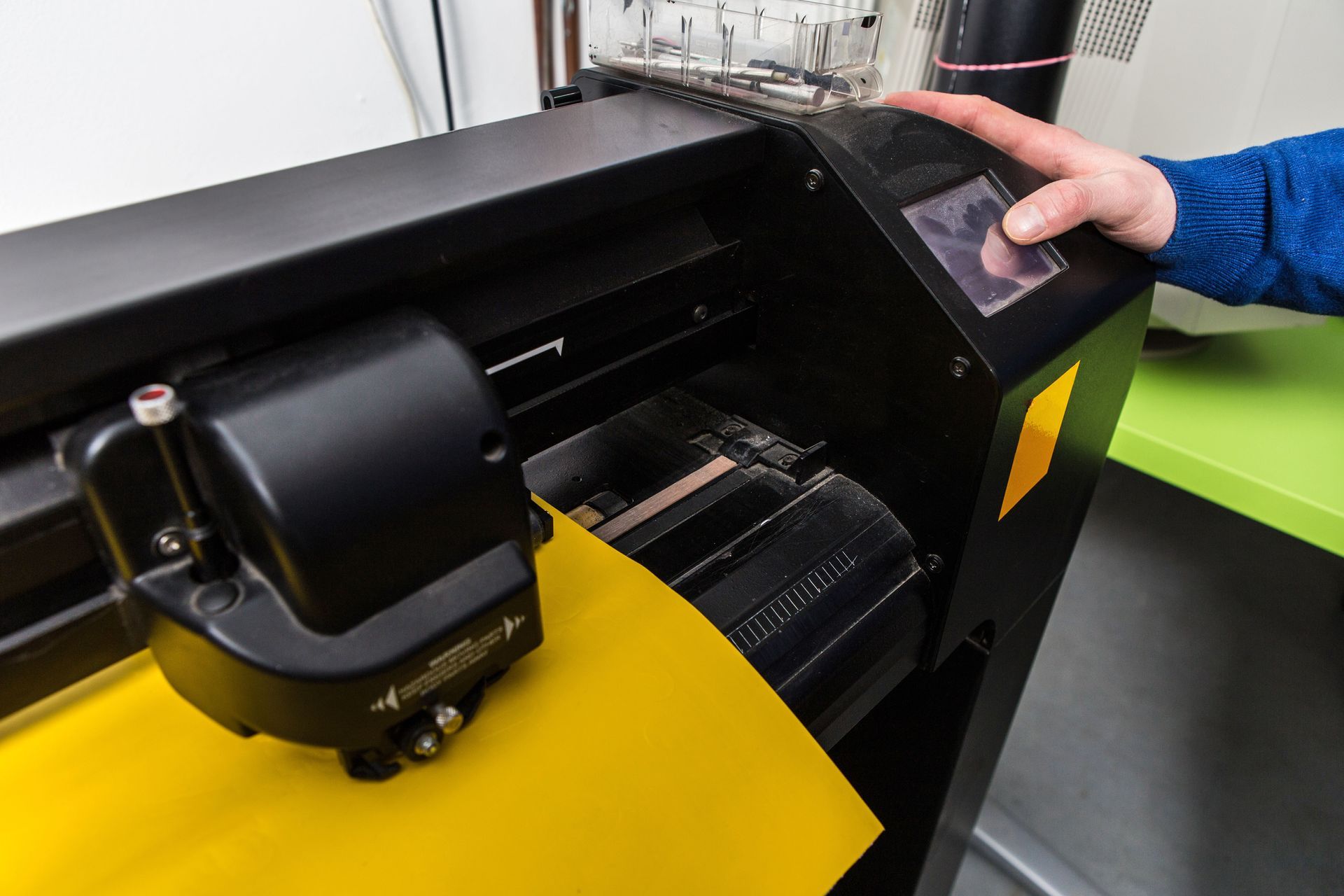
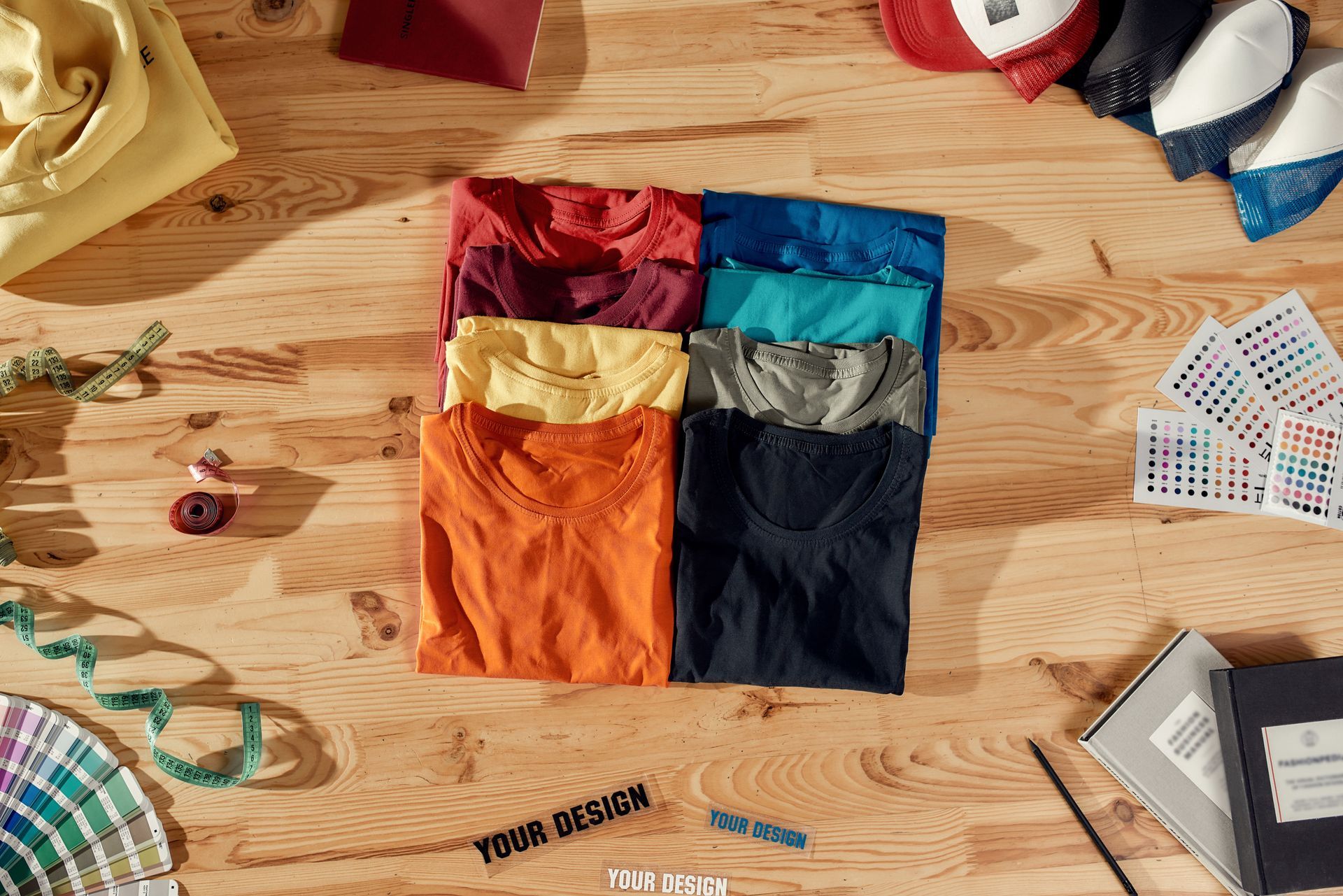
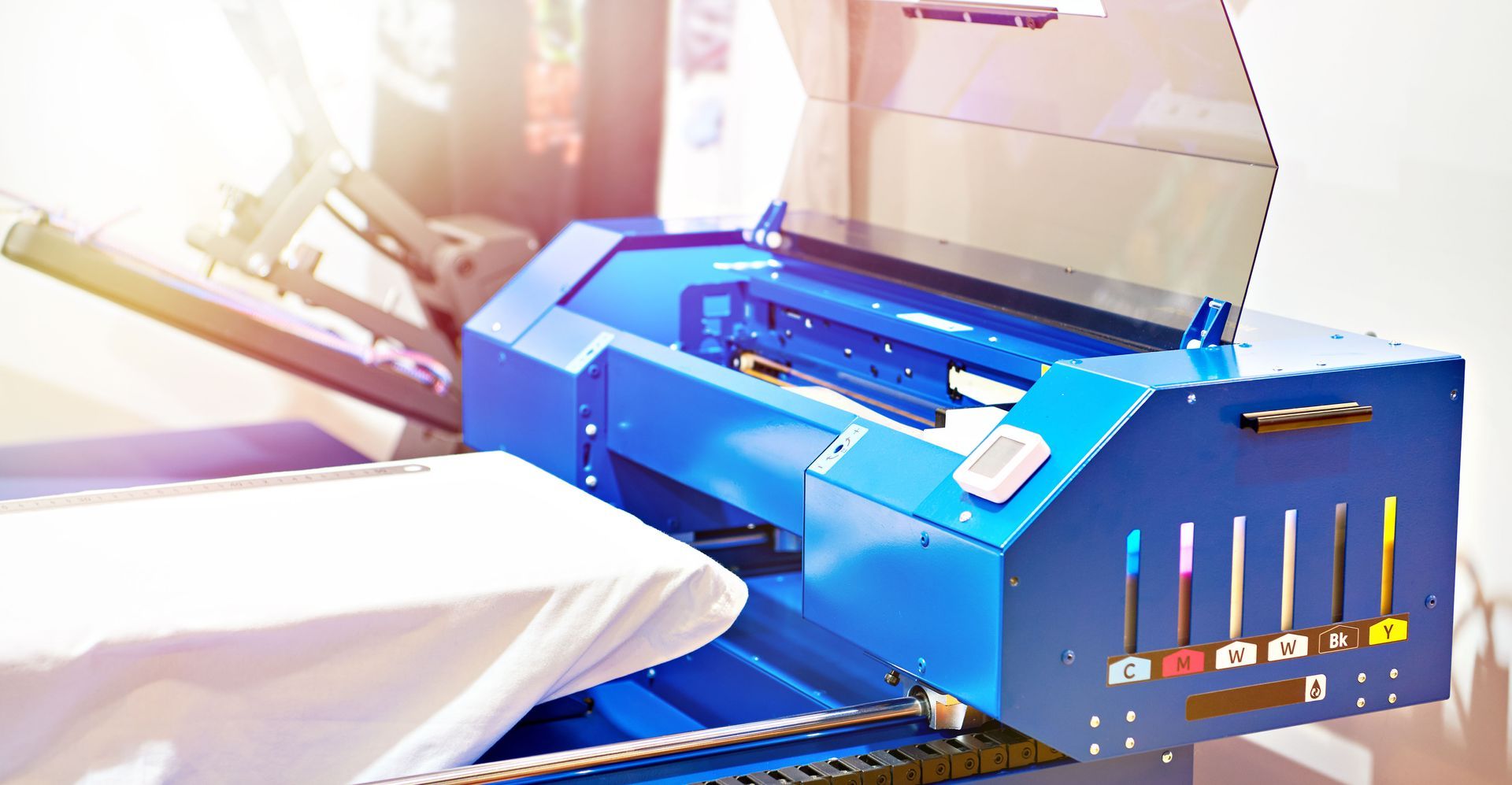
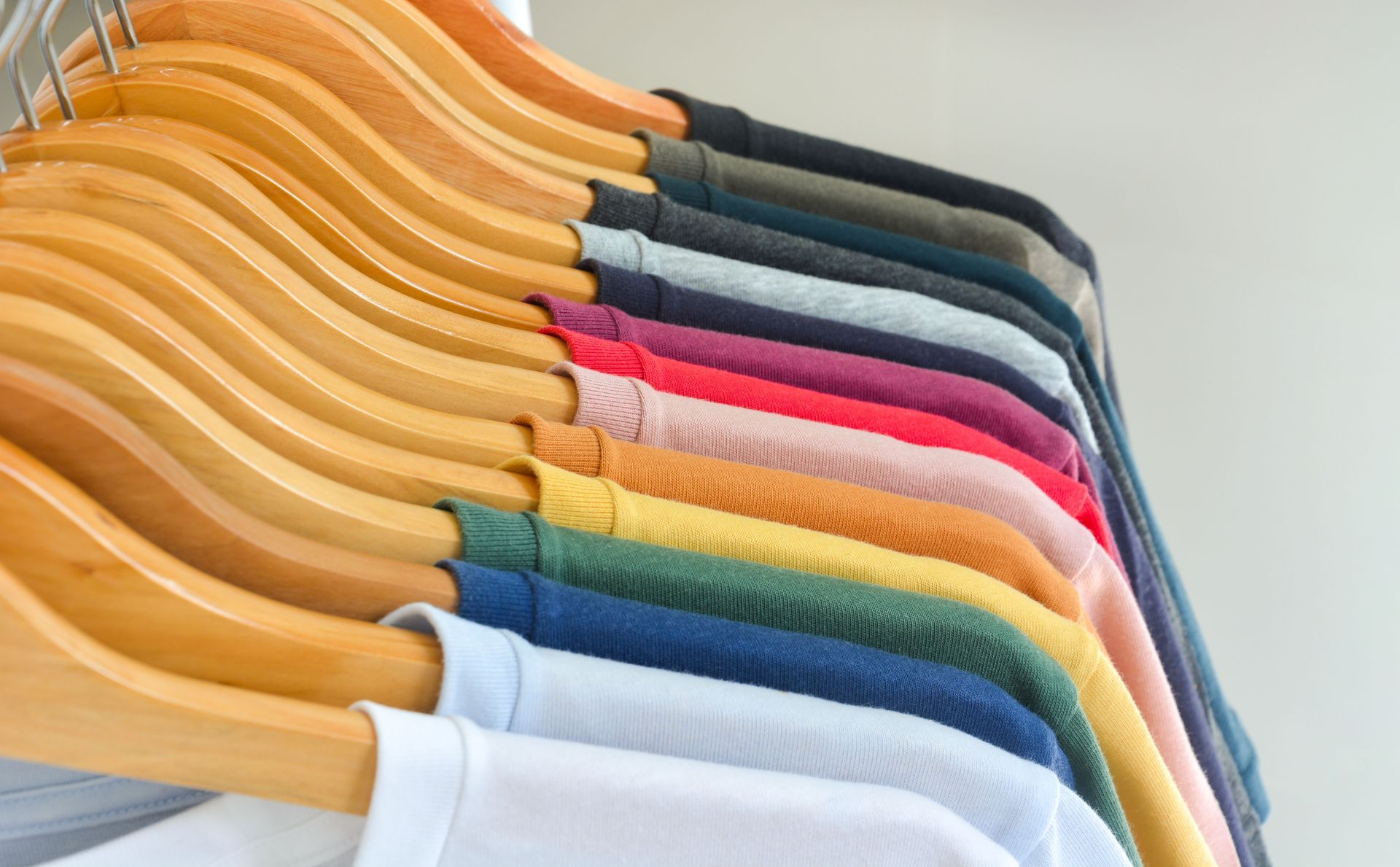
Share On: